The wellness industry has achieved a notoriously bad reputation. The global health & wellness industry accounts for 95 billion dollars, and the lines have begun to blur from brands that are thinking of the well being of consumers to getting ripped off by hoax wellness “experts”.
It wasn’t the intention though. Modern-day diseases such as Diabetes, Hypertension, PCOS, Endometriosis and auto-immune disorders all have roots in our modern sedentary lifestyles and packaged foods. The wellness movement started out as a community encouraging people to take charge of their health by changing these very lifestyles. Now, it is a space flooded with claims of detox cleanses, rituals and lifestyles being forced down people’s throats. I’m not refuting that any of these things don’t work, maybe they worked for you, and maybe they didn’t. This disturbing underbelly of the wellness industry has started to feel like a cult, and that’s where the issue lies.
A wellness practice is meant to supplement your lifestyle, not take over your life. This is where the ethics of digital wellness come in. If you’re a wellness practitioner, expert or advocate, and a client with a chronic lifestyle disease has approached you, you have to state the limitations of your advice. Declaring yourself as a wellness influencer is a huge responsibility, not only do you need a strong moral codebook, but also you need to understand the ramifications your content has on the general public.
Here are the top 4 wellness myths you might be believing but are not true:
- Wellness means weight loss. This statement is deeply flawed, and that’s where the danger lies. Such conditioning comes from believing that skinny people are healthy/beautiful, and your self worth is tied to a number on the weighing scale. It also re-inforces the myth that your wellness is linked to a diet. Wellness is being in a state of good health and that includes physical, mental and emotional health. It encompasses far more things than what you eat, and wellness is not just “just another diet in disguise”
- Wellness is expensive: Not at all! It’s easy to see why you’d believe this myth. After all ,the first two trigger words for millennial wellness are probably avocado and kale. Avocado is ridiculously expensive in countries like India where it is a non native fruit, and spoils easily. Despite all its nutrient density, it is not worth the price and effort to consume in India. Same goes for Kale, its humble cousin spinach is equally power-packed with nutrients, cheaply available across India, and frankly better tasting. In fact, most of the things your wellness calendar should include are free: Deep sleep, fresh air walks, drinking lots of water.
- Wellness and self-care mean candles and bubble baths. It’s easy to believe this myth, since all you see are wellness experts selling hand-poured aromatherapy candles, and Instagram tub envy is a real thing. But here’s the truth- Self-care is so much more than that. It means caring for yourself, you need the discipline to force yourself to change habits. You need consistency to make sure the changes stick. It means accepting your body as it is now, not as how it should be. It means showing up for yourself, putting yourself first, and doing the work. It’s about doing a lot of hard work, and no one ever talks about that, because doing self-work is not glamorous. Real self-care can’t ever be sold or bought, and that’s where the magic lies.
- Wellness is a club. You can either be the vegan friend or the one who mocks vegans. Doesn’t that sound quite extreme? Do you have to be a vegan, someone on Keto, or someone who counts their macros or lives at the gym to be included as a healthy person? Wellness is not a club, it’s a practice of people improving their well-being wherever they are in their health journey. Whatever little steps you’re taking, and whatever little changes that you make matter.
Click here for self-care tips that can lead to happier, healthier, and more fulfilling lives.
Start small, make some tweaks and try new things (but be wary of anything that sounds incredulous to you). It’s your journey and you’ll run this marathon of wellness at your own pace.

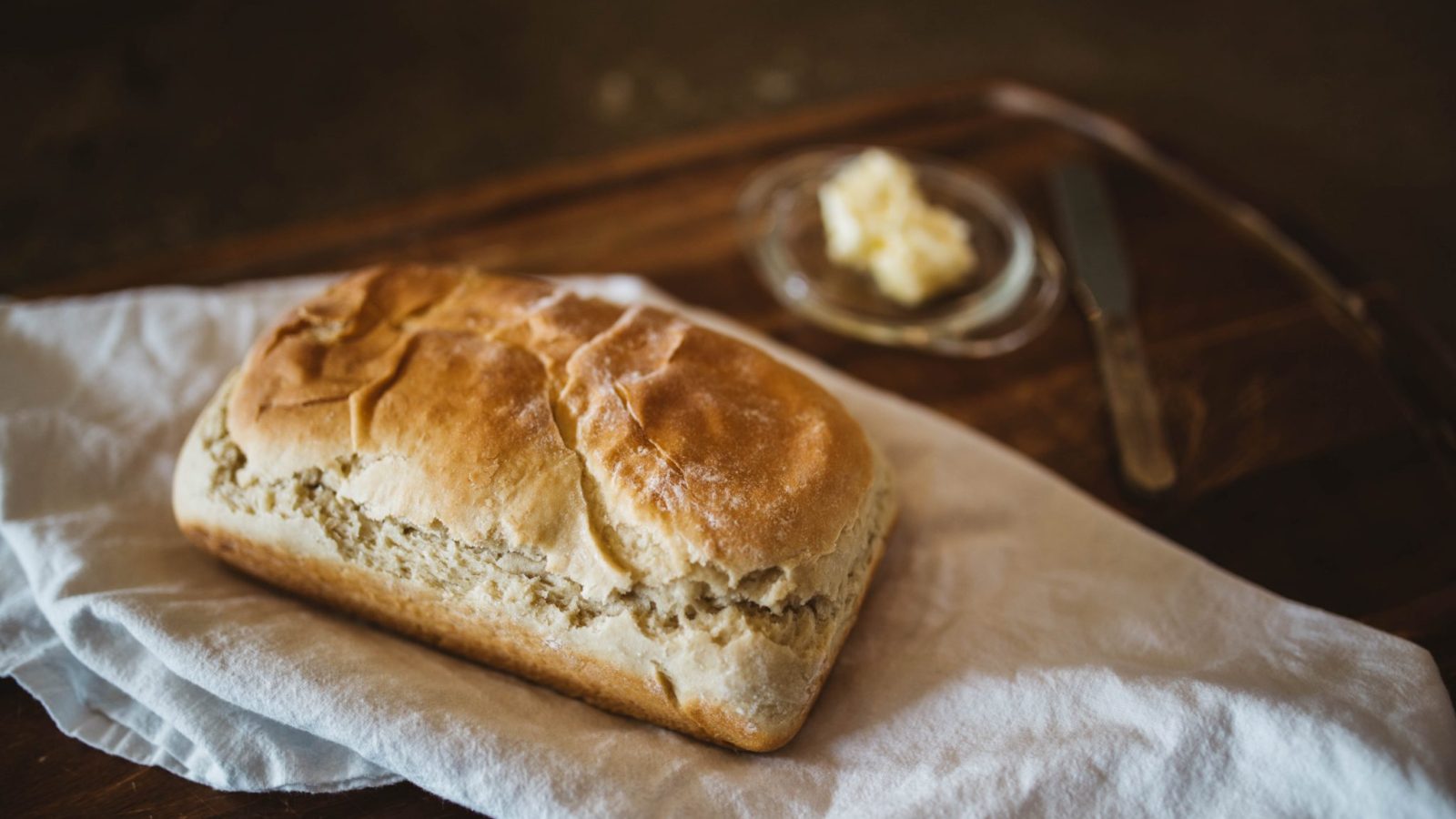
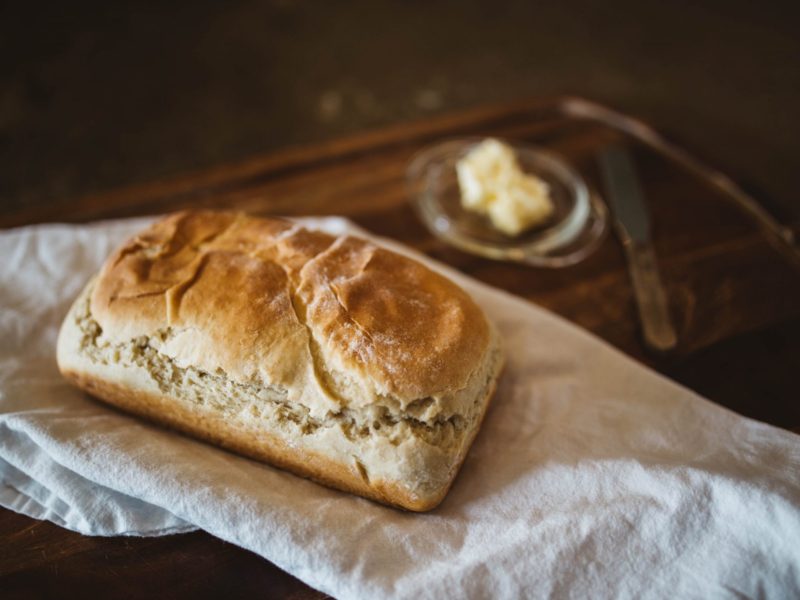




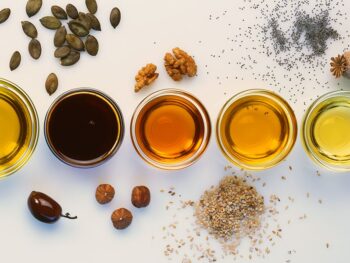

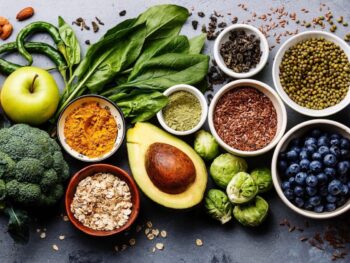


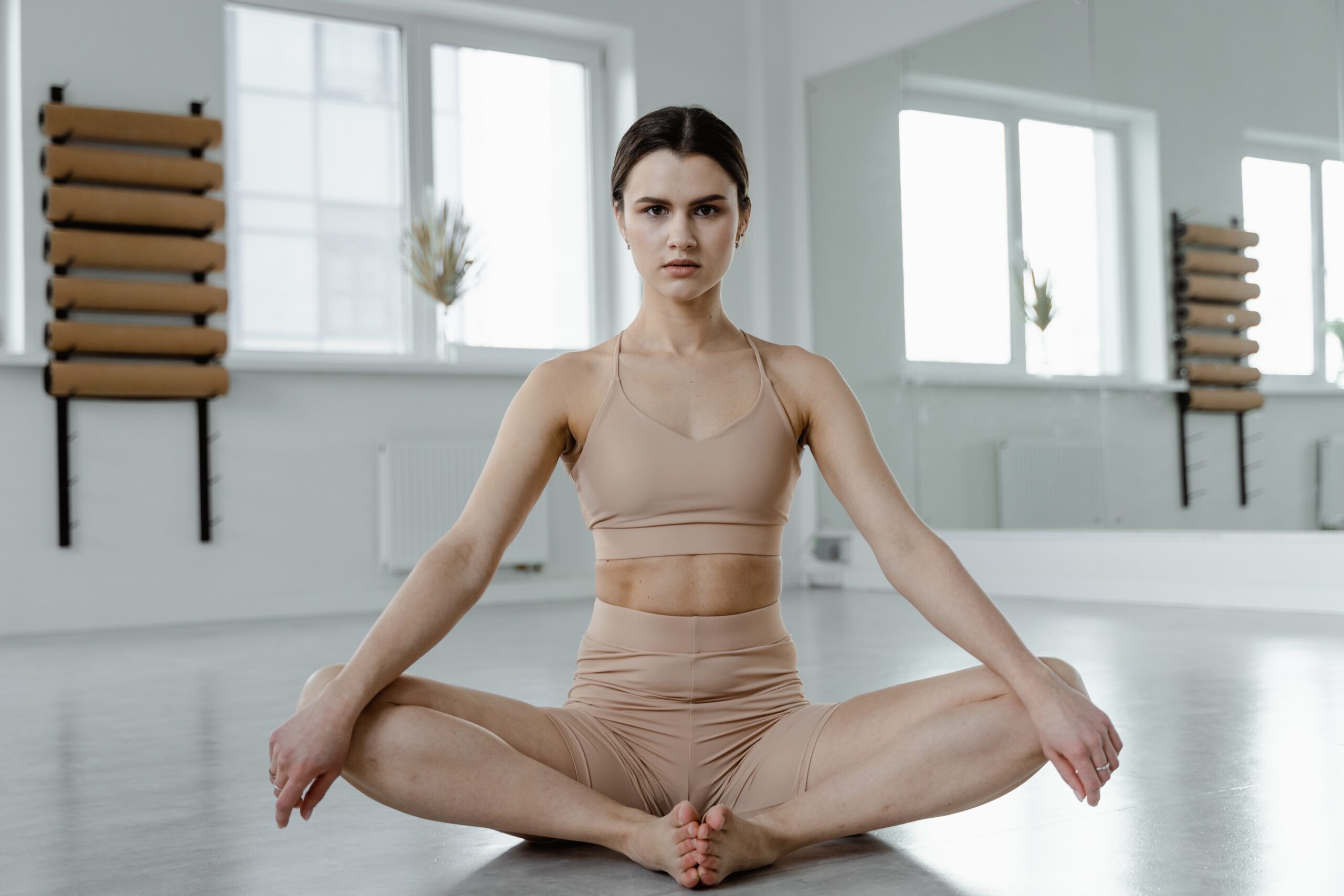

 Quick & Easy Homemade Cinnamon Granola
Quick & Easy Homemade Cinnamon Granola
[…] Read this article to stop believing in wellness myths. […]